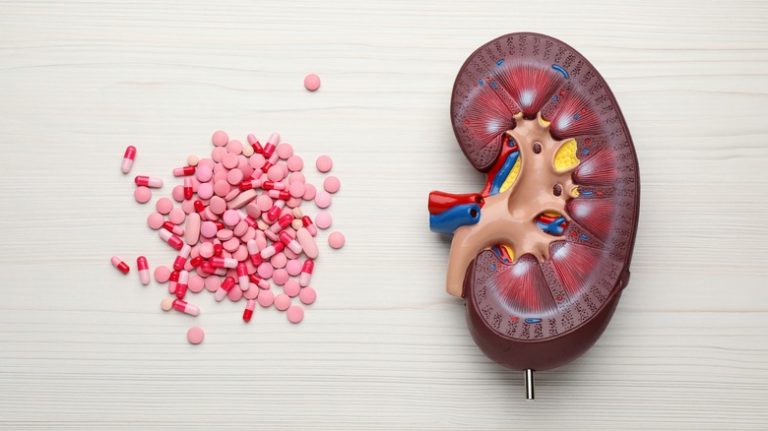When stressed, you might become flustered, irritated, and perhaps even have a headache. But did you know your nose can tell when you’re overwhelmed too?
According to a 2024 study published in Human Factors, having too much on your plate can result in a cold nose. The study done by the University of Nottingham’s Institute for Aerospace Technology (IAT) and Bioengineering and Human Factors Research Groups employed 14 volunteers who were tasked with performing a visual-motor task of increasing difficulty. The subjects’ heartbeats, breathing rate, pupil diameter, and facial thermography were monitored while they engaged in the task. What the researchers found was that the temperature of the nose reduced by an average of 33.8°F as the workload intensified (via Medical News Today). When you are focused on getting demanding jobs out of the way, blood flow is directed to other areas of your body (like your brain) which means less blood in your face, per the researchers. This could explain why your nose gets cold when you’re stressed.
“We expected that mental demands on an operator would result in physiological changes, but the direct correlation between the workload and the skin temperature was very impressive, and counter-intuitive — we were not expecting to see the face getting colder,” explained Dr. Alastair Campbell Ritchie of the Bioengineering Research Group (via University of Nottingham). While this subtle way your body is trying to tell you it’s too stressed might prove useful when you’re at work, there’s another clue from your nose to look out for.
The connection between sinus problems and stress

When you get a stuffy nose, you may not think that stress could’ve contributed to it, but experts say otherwise. Sinus problems, like a runny nose and sinusitis, can be triggered by stress too.
For one, stress, especially chronic stress, has an impact on your immune system (via Kaplan Sinus Relief). This means you’re more at risk of allergies, colds, sinus issues, and other illnesses that affect your nose. Some science says stress can cause nose bleeds, although it might not be the only reason. The theory is that stress causes your heart rate to go up which could lead to the dilation of blood vessels and bleeding (via ENT Sheffield). As explained by consultant ear, nose, and throat doctor (ENT), Dr. Vikram Dhar, per Top Doctors, “Primarily, the issue with stress is that it raises our blood pressure, and, a bit like a plumbing system, if the pressure in the system is high and there’s the potential of a leak somewhere, then a nosebleed can often ensue.”
It is also not uncommon for us to pick at our noses when we’re stressed and injure them without even knowing we are doing so. This can cause bleeding too, as ENT Sheffield noted. While stress-related sinus issues and nose bleeds may require more attention in the form of nasal sprays, cold compresses, and a visit to a doctor, when your nose turns cold because of stress, it might just be a sign for you to slow down.
How to handle a cold nose brought on by stress

There is a reason why work stress is even worse for your body than you think. Most of the time, we don’t even realize we’re overwhelmed until we’re losing our temper or feel completely wiped out. This may also mean we’ve let things go too far.
The good news with a cold nose is that you have a useful indicator to remind you to slow down. Whether you’re at work, at a social gathering that’s become too much, or at home trying to juggle multiple chores all at once, take a beat and breathe. To help center yourself and become more mindful, bring your hands to your chest and belly as you breathe in through your nose and exhale after a few counts. You can try closing your eyes or looking away from your desk (if you’re at work) while you do this. Use the same part of your body that alerted you to the stress to help you soothe yourself with deep breaths.
When health conditions like high blood pressure, heart disease, stroke, diabetes, and obesity are all linked to chronic stress, perhaps you can be thankful that your nose is leading the way in keeping you mindful of overwhelming moments.



